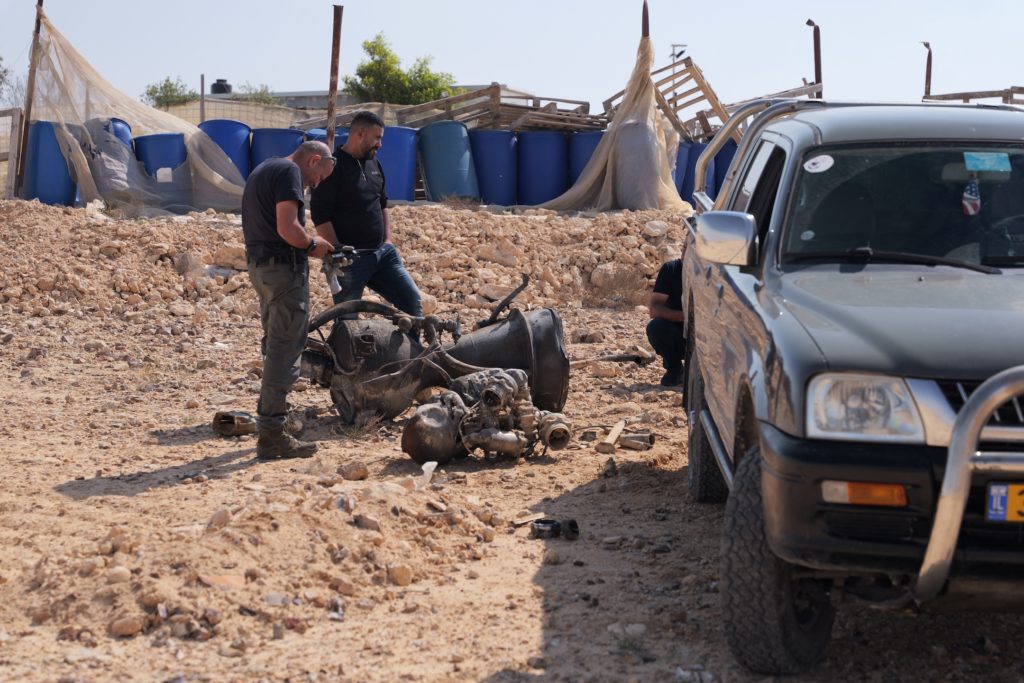Syrians in Lebanese remain indoors amid rising xenophobia
and safety concerns.
Mohammed’s one-room apartment in eastern Beirut’s Mar
Mikhael neighborhood is sparsely adorned. A mattress, an ashtray, an Islamic
calendar, and a row of dirt-smeared clothes hanging neatly from wall hooks are
the meager furnishings in his sanctuary.
From April 8th to 13th, Mohammed remained cloistered
indoors, gripped by fear after reports of escalating violence against Syrians
in Lebanon flooded the airwaves. A Christian politician's murder served as the
tragic catalyst, stoking xenophobic sentiments across the nation.
Underneath a giant English-language billboard advocating for
action on the Syrian displaced crisis, Mohammed and his friend Marwan, both
Syrian refugees, shared their apprehensions with The New Humanitarian. Despite
being oblivious to the billboard's message due to their lack of English
proficiency, the palpable surge in anti-Syrian fervor filled them with dread,
overshadowing any comprehension of the campaign's intent.
The disappearance and subsequent discovery of Pascal
Sleiman's body across the Syrian border intensified the hostility towards
Syrians. Lebanese Forces (LF) party supporters pointed accusatory fingers at
Syrian nationals, triggering widespread calls for deportations and stringent
measures under the guise of combating criminal activity.
Caretaker Prime Minister Najib Mikati's declaration hinted
at an impending mass deportation, echoing sentiments echoed by the governor of
north Lebanon, who advocated for stringent restrictions on Syrian refugees'
movements. Despite Lebanon hosting between 1.5 to 2 million Syrians, with
around 815,000 registered as refugees, the government halted new registrations
in 2015, signaling a shift towards stricter immigration policies.
Syrian refugees have long endured mistreatment in Lebanon,
with reports of deportations, arbitrary arrests, and violence painting a grim
picture of their plight. However, the recent surge in violence, exemplified by
unverified videos depicting assaults on Syrians, has instilled a pervasive
climate of fear and paranoia.
The escalating tensions have forced many Syrians to adopt a
self-imposed house arrest, avoiding certain neighborhoods to evade the looming
specter of violence. Delivery drivers like Yasser have restricted their routes
to areas deemed safer, while Mohammed fears venturing beyond his neighborhood,
knowing all too well the risks faced by those perceived as Syrian.
In predominantly Christian areas, banners imposing curfews
or outright bans on Syrians entering have appeared, exacerbating the sense of
alienation and discrimination felt by the Syrian community. Despite lacking
legal backing, these measures contribute to the atmosphere of hostility and
exclusion.
Amidst the turmoil, solidarity among Syrians has emerged as
a beacon of hope. Informal networks, facilitated by WhatsApp groups, serve as
lifelines, disseminating information about security checkpoints and offering
support to those in need. Abu Bakr, a Lebanese businessman, epitomizes this
spirit of camaraderie, providing financial assistance to Syrian friends
ensnared by punitive fines or harassment.
Yet, amidst the solidarity lies a pervasive sense of
vulnerability. Ali, an artist and activist, recounts witnessing the brutal
assault on Syrian delivery workers and the subsequent detention and deportation
of a friend. Despite his relative safety as a white-collar worker, the
omnipresent threat looms large, underscoring the precarious existence faced by
Syrians in Lebanon.
In the face of escalating xenophobia, Syrians in Lebanon
find themselves navigating treacherous waters, seeking solace in solidarity
while grappling with the omnipresent specter of violence and discrimination.









.jpg)